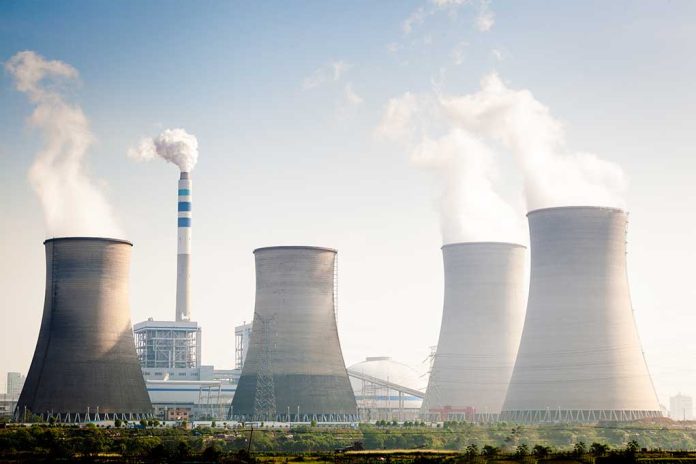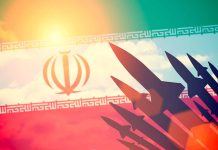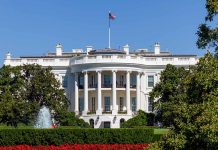
The US and UK have voiced serious concerns about possible nuclear and military technology exchanges between Russia and Iran.
At a Glance
- Russia may be sharing nuclear secrets with Iran in exchange for ballistic missiles.
- US Secretary of State Antony Blinken warned about growing military cooperation between Russia and Iran.
- Iran denies attempting to build a nuclear bomb but has increased its uranium stockpile.
- Sanctions have been imposed on Iran following missile shipments to Russia.
US and UK Concerns Over Russia-Iran Tech Exchange
The US and UK are expressing grave concerns over reports that Russia is sharing nuclear secrets with Iran in return for ballistic missiles to use in Ukraine. This information exchange has raised alarms about the potential acceleration of Iran’s nuclear weapon capabilities, as disclosed in a recent Bloomberg News article.
Key political figures such as US Secretary of State Antony Blinken and CIA Director William Burns have highlighted the implications of Russia’s strategic alliance with Iran. Blinken stated, “For its part, Russia is sharing technology that Iran seeks — this is a two-way street — including on nuclear issues as well as some space information.”
Implications of Iran’s Nuclear Ambitions
The possibility that Iran is enriching enough uranium to potentially manufacture a nuclear bomb further complicates the situation. Despite Iran’s denials of attempting to build nuclear weapons, the heightened production of enriched uranium has received international scrutiny. Britain’s Foreign Secretary Keir Starmer and US President Joe Biden took up this issue during a summit in Washington DC.
Sanctions have been imposed on Iran’s national carrier, Iran Air, due to missile shipments that allegedly include high-speed Fath-360 ballistic missiles delivered to Russia. These actions have heightened tensions, drawing in additional Western nations, including Germany and France, which also warned about Iran’s growing uranium stockpile.
Global Diplomatic Responses
During their discussions, Starmer and Biden addressed broader geopolitical crises, including support for Ukraine and the Middle East tensions. Western nations, particularly the G7 and the United Nations, have condemned the alliance between Russia and Iran, emphasizing the threat it poses to global stability. A joint statement from the G7 foreign ministers urged Iran to halt its missile exports to Russia.
The consolidated power between Russia and Iran, along with other nations like China and North Korea, adds to the worries of Western allies. US Secretary of State Antony Blinken highlighted that this collaboration “could speed up Iran’s ability to make a nuclear bomb” and is contributing to worldwide instability.
Antony Bliken, US Secretary of State, expressed concern over Iran and Russia sharing both nuclear and space technology. He believes it could speed up Iran’s ability to manufacture nuclear weapons, thus creating global instability.
Future Prospects and Strategic Moves
The Biden administration continues to express deep concerns about Iran’s nuclear activities and is prepared to use all elements of national power to prevent nuclear escalation. CIA Director William Burns’ comments about the deepening military relations between Russia and Iran underscore the critical need for vigilance and strategic diplomacy moving forward.
“Biden has made it clear that the US is ready to use all elements of national power to prevent any nuclear escalation by Iran,” the spokesperson said Saturday.
As international attention focuses on these developments, the stakes are high. Strengthening alliances, reinforcing security measures, and maintaining a tactical approach remain vital to mitigate threats from this intensifying alliance between Russia and Iran.







